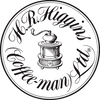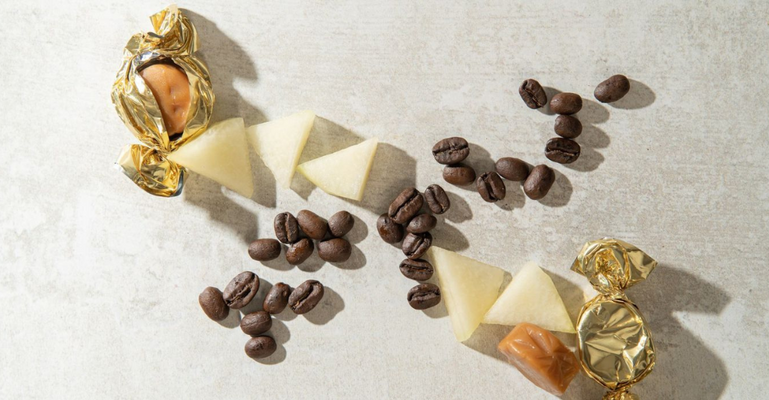This month’s coffee is Brazil Yellow Bourbon.
From the moment of the discovery of coffee, and in truth that moment is lost in the mysteries of time and surrounded by wonderful legends. Coffee has aroused the passions and enthusiasms of those who would go to the most extraordinary lengths to acquire it and spread its growth and popularity.
The story of the exploits of a Captain Mathieu de Clieu, is a case in point: Around the year 1720 this young French naval officer successfully introduced coffee cultivation to the French Island of Martinique. Braving the long sea voyage and the dangers. The ship was attacked by pirates, suffered being becalmed, and he had to share his precious drinking water with the coffee tree to keep it alive. Then to cap it all, he had to protect it from an envious fellow passenger who was intent on destroying it because he was jealous of the project. Nevertheless, Mathieu de Clieu was successful, and from that single tree coffee growing spread to the French Island of Bourbon (now known as Reunion) from where this botanical variety, Bourbon, takes its name. Eventually from that single tree came much of the coffee grown in South America
As coffee drinking spread throughout South America the Portuguese in Brazil wanted a share of the action. The drink had become so popular and the conditions in Brazil for growing looked so promising. Overtures to the governor of French Guiana where coffee was being grown were rebuffed. However, using the excuse of a border dispute, the Portuguese sent Francisco de Melo Palheta as an emissary to French Guiana. The story has it that he was successful not in only in settling the border problem, he persuaded the governor’s wife to fall in love with him, and legend has it she gave him a bouquet of flowers on his departure, in which she concealed unroasted coffee beans. Francisco de Melo Palheta subsequently successfully grew them and, so the story goes, introduced coffee growing to the state of Pará in Brazil.
Brazil Bourbon is quite distinct in flavour from other Brazilian varieties. I remember my father showing me how the shape of unroasted beans of Brazil Bourbon appeared different from other Brazilian Arabica varieties. In the early 1950s Brazilian Bourbon was very difficult for us to obtain because coffee farmers in Brazil preferred varieties that cropped quicker and had more yield.




